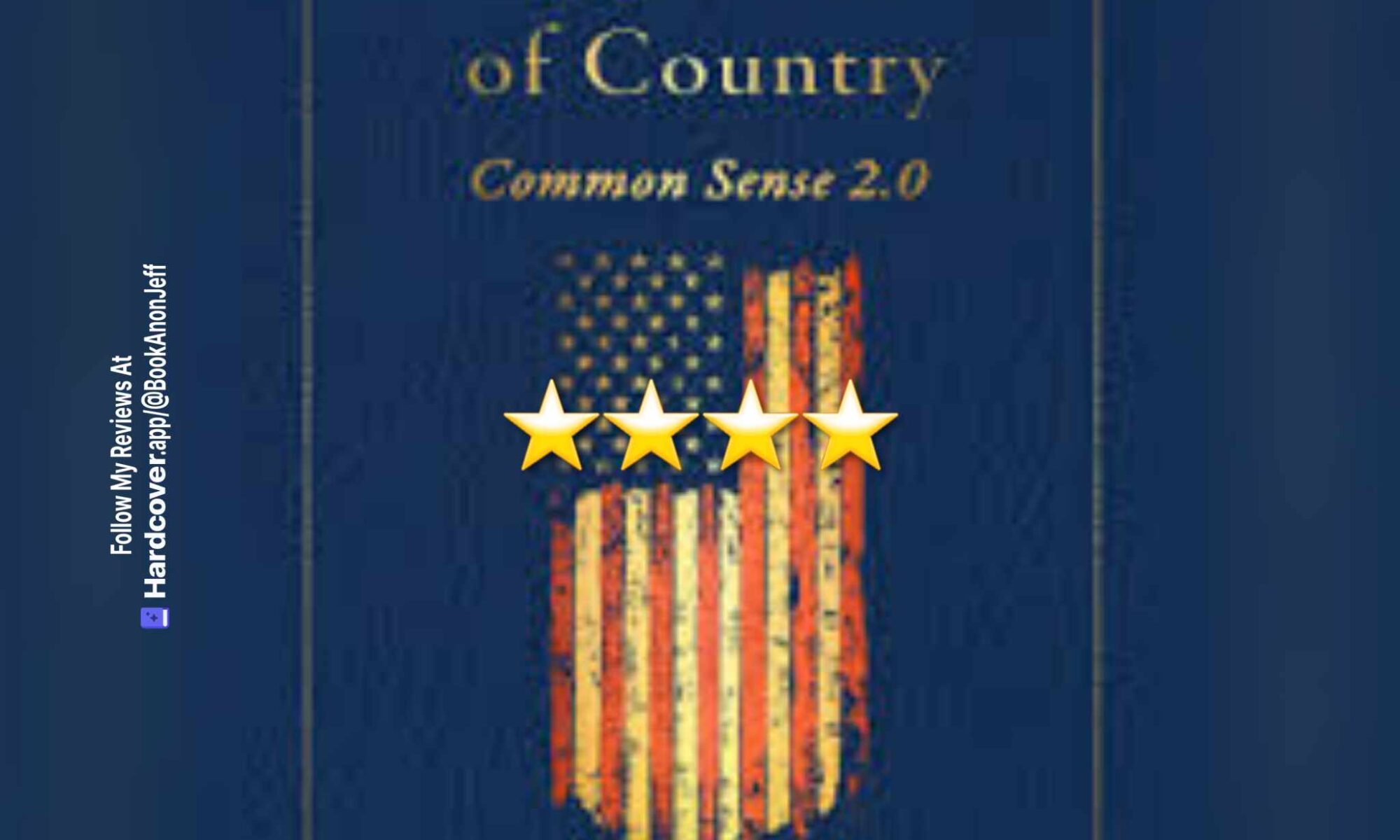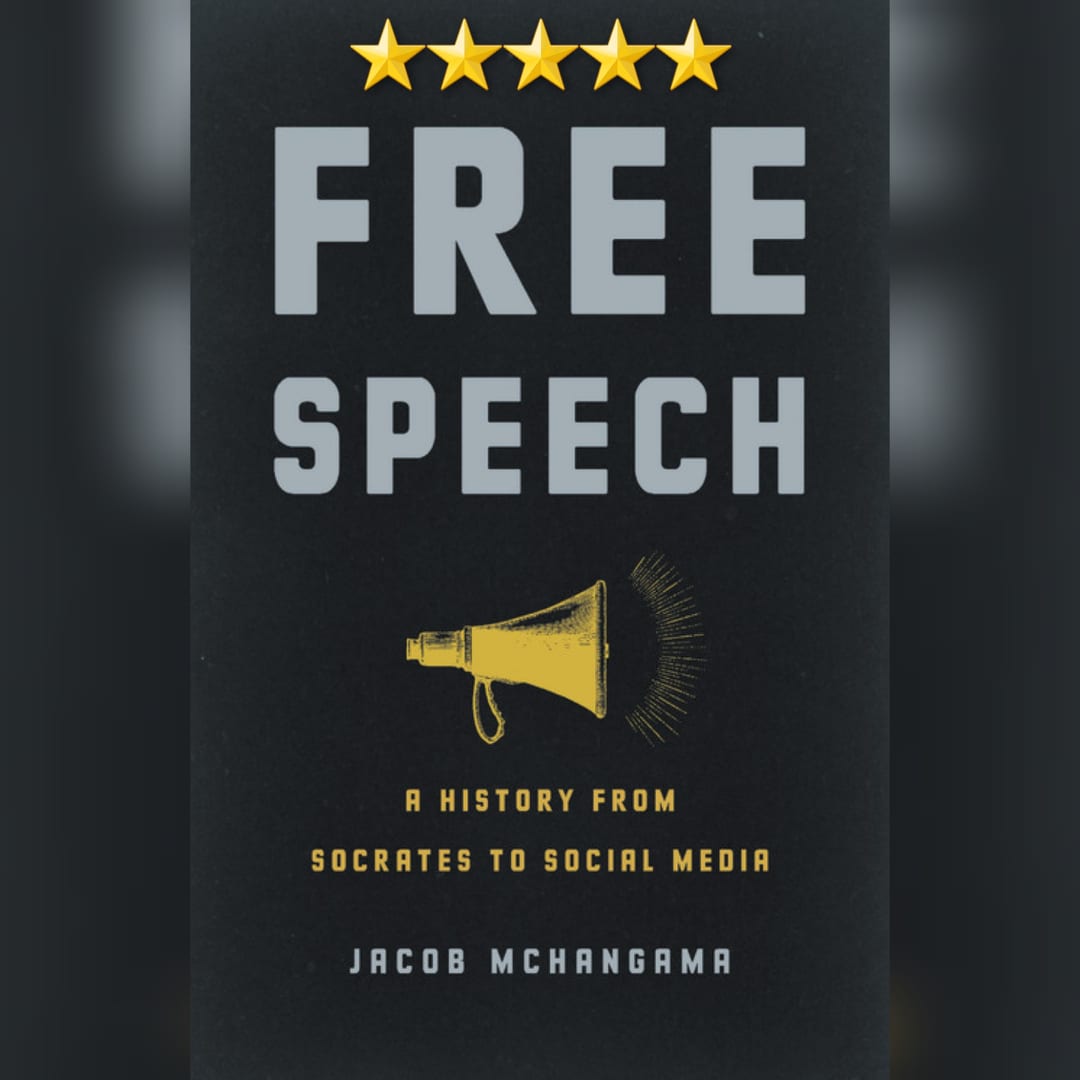Reads Like General Francis Hummel or Frank Castle Monologue Yet Also Contains Points Far Right/ GOP Won’t Like. This is designed to be a new version of the pamphlet Common Sense by Thomas Paine that was so influential in Revolutionary America and which clocks in at around 70 pages, depending on exact modern edition. Yet Holden repeatedly claims that he is actively not seeking to incite violence – perhaps in an attempt to stave off any legal claims – even as the book maintains a revolutionary fervor throughout its short 91 pages. While admittedly this is written from a solidly right-side-of-the-aisle perspective, there are in fact several points throughout where Holden goes “off script” for that side and genuinely advocates what are at minimum more centrist positions. Ultimately, this is an intriguing treatise that will at minimum help its opponents better understand the actual mentality of the “other side”, and the only objective fault here is the absolute lack of any actual bibliography. Recommended.
This review of For Love Of Country by Norman W. Holden was originally written on February 7, 2024.


